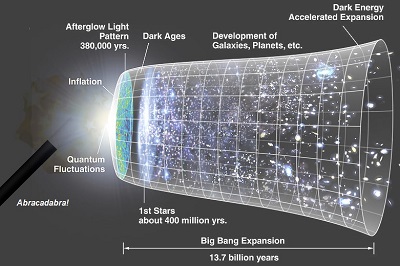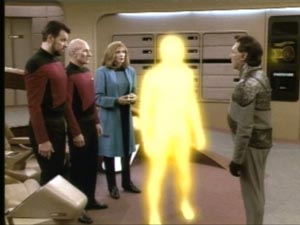
Milan – “Resurrection of Lazarus” from the San Giorgio church
Most of the time I do not bother to respond to the online rantings of atheists. That’s because most are not worthy of a response since they tend to be one of the following:
- Ad hominem attacks that have nothing to do with the question at hand
- Fiat statements that are not only completely wrong, but have absolutely no backing evidence in science, reality or truth
- Gross misstatements or misunderstandings of science whose corrections cannot be explained in a single tweet.
In my experience most atheists online are not seeking the truth. They merely want to pour the nonsense and trash of their worldview on everyone and expect everyone to swallow – hook, line and sinker – the lies they themselves have become accustomed to. Amusingly, they consider themselves bastions of reason and science but always seem to miss it when they themselves are spouting irrational, illogical nonsense. Continue Reading










.jpg)